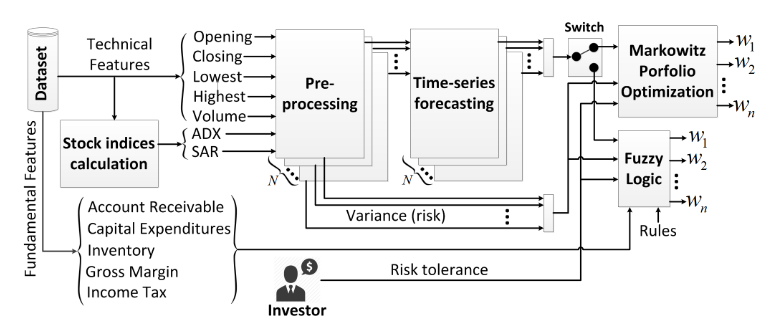Presentations
Adaptation Through Learning : Using Machine Learning to Improve Forest Wildfire Management,
at
Department of Electrical Engineering & Computer Science and Engineering, York University,
Wednesday, February 13, 2019
Accepted talk at the IAAI-19 Conference : Artificial Counselor System for Stock Investment,
at
Honolulu, Hawaii,
Thursday, January 31, 2019
Prove It! Developing Systematic Search Methods for Evidence-Based Librarianship,
at
OLA SuperConference, Toronto, ON,
Thursday, January 31, 2019
The Librarians’ Association of the University of Waterloo: A Unique Approach to Supporting Librarianship,
at
OLA Superconference, Toronto, Ontario,
Thursday, January 31, 2019:
Prove It! Developing Systematic Search Methods for Evidence-Based Librarianship,
at
OLA Superconference, Toronto, Ontario,
Thursday, January 31, 2019
Adaptation Through Learning : Using Machine Learning to Improve Forest Wildfire Management,
at
San Francisco, California,
Thursday, January 24, 2019
The classification of Gelfand-Tsetlin modules and the Braverman- Finkelberg-Nakajima construction,
at
Oberwolfach,
Wednesday, November 21, 2018
Coherent sheaves on Hilbert schemes through the Coulomb lens,
at
University of Virginia,
Friday, October 19, 2018:

 I'll be giving a talk and taking part in a panel on opportunities for AI in Environmental and Sustainability domains at the Re-Work Deep Learning Summit on January 24, 2019 in San Francisco.
I'll be giving a talk and taking part in a panel on opportunities for AI in Environmental and Sustainability domains at the Re-Work Deep Learning Summit on January 24, 2019 in San Francisco.